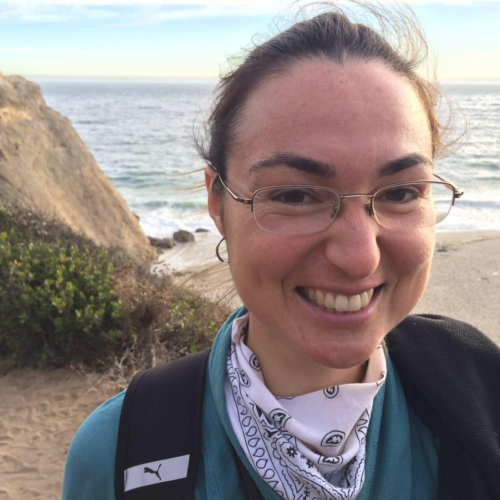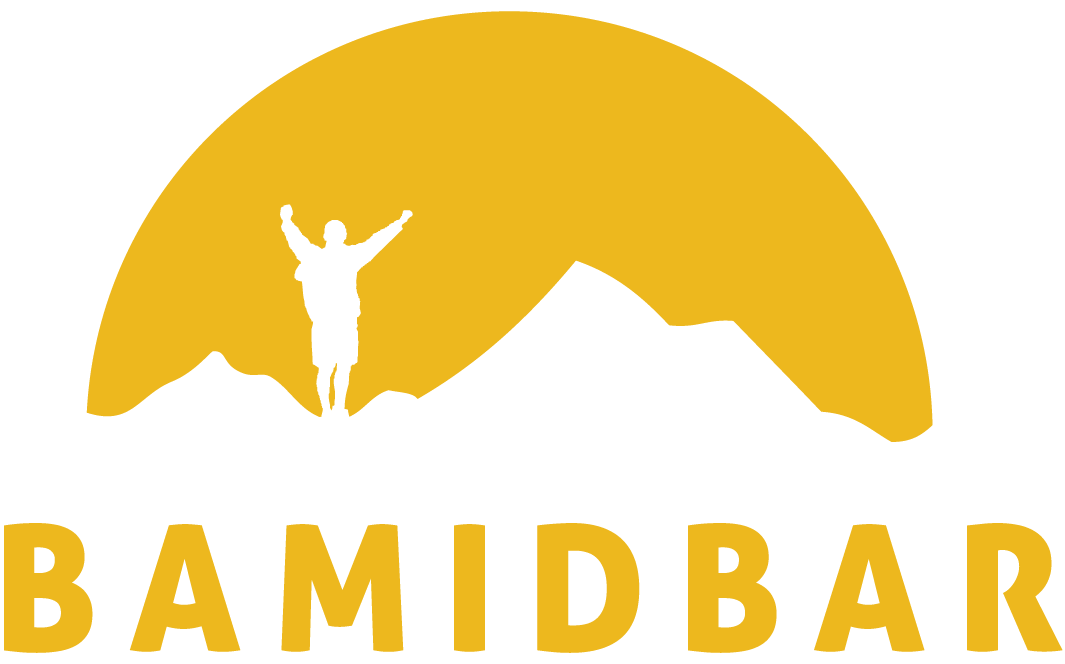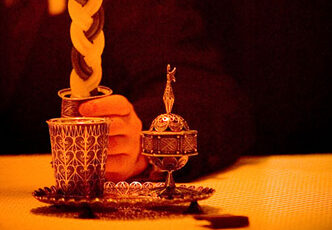By Miriam Green
When I arrived at the Wilderness Therapy Symposium on Thursday, I found myself in a new community, very different from the Jewish bubble in Los Angeles that I call home. I traveled there to learn about the spiritual aspects of wilderness therapy – rituals and mindfulness practices – from experts in the wilderness field. As I learned the strengths and weaknesses of the current best practices, I was awed and inspired to see how clearly Jewish tradition addresses the spiritual needs that can be so challenging to meet in a secular wilderness therapy program.
The goal of wilderness therapy is to help students build the skills to recover from adversity, empower them to break free of the habits and patterns that limit their lives, and embark on a new journey of living well. Wilderness therapy uses rituals – human experiences designed to mark and effect change – as part of achieving this goal.

But where do these rituals come from? In session after session, teachers struggled with their answers to this question. Many borrowed rituals from Native American tradition. Others used yoga and meditation practices from Eastern religious traditions. Across the board teachers expressed concerns about where their rituals came from, how they were personally connected to them, and what right they and their own students people had to use them. Along with this teachers acknowledged their disconnection from their own heritage, and the struggle to find a tradition to help them feel grounded.
We, as Jews, have reason to be grateful. Our heritage gives us the gift of connection to generations past and generations to come. It gives us an abundance of rituals and practices to guide the flow of our lives through the day, week, and year. It empowers us to mark transitions in our lives and in our families. And it addresses our human spiritual needs to ask questions, experience connection, struggle with reality, and take comfort in the belief that there is something out there that is real and true even as it is beyond our human grasp.
We at BaMidbar are inspired by gratitude for our heritage and for our tradition. In a modern world that can lack rituals, we are privileged to have them in abundance. We see their power to heal individuals, families, and communities. And as we work to bring healing to each student in our program, this healing can ripple out to every family and community ready to receive it. In this way BaMidbar aims to bring healing and repair to our broken human world – one student at a time.

Miriam Green,
Rabbinic Intern
Miriam Green is a student in her final year at the Ziegler School of Rabbinic Studies in Los Angeles. She has served as a Rabbinic Intern and Spiritual Counselor at Beit T’Shuvah, a drug and alcohol rehab and community synagogue in Los Angeles, since 2015. She has also been a member of IKAR’s Davening Team since 2014. Miriam is passionate about the potential for the philosophy of Twelve-Step recovery to provide individuals and communities with a framework for spiritual growth, whether or not they suffer from addiction.

